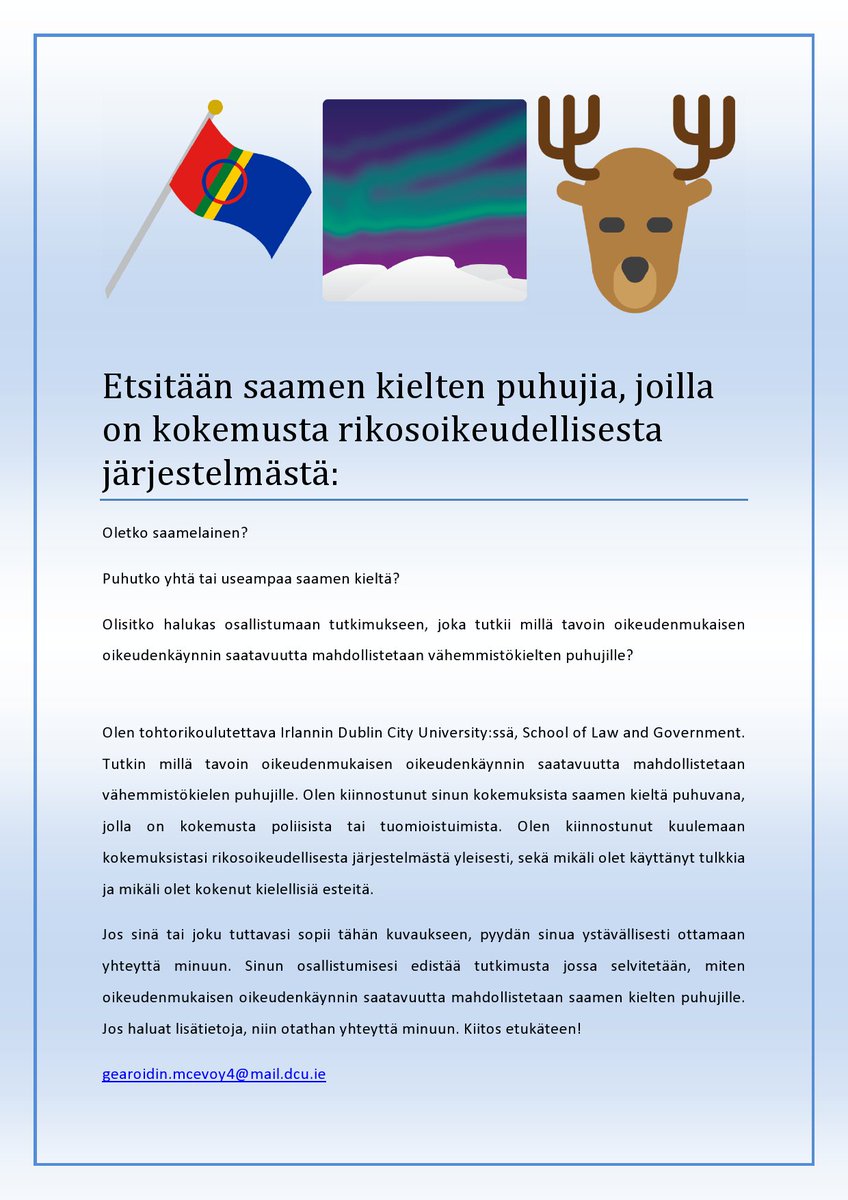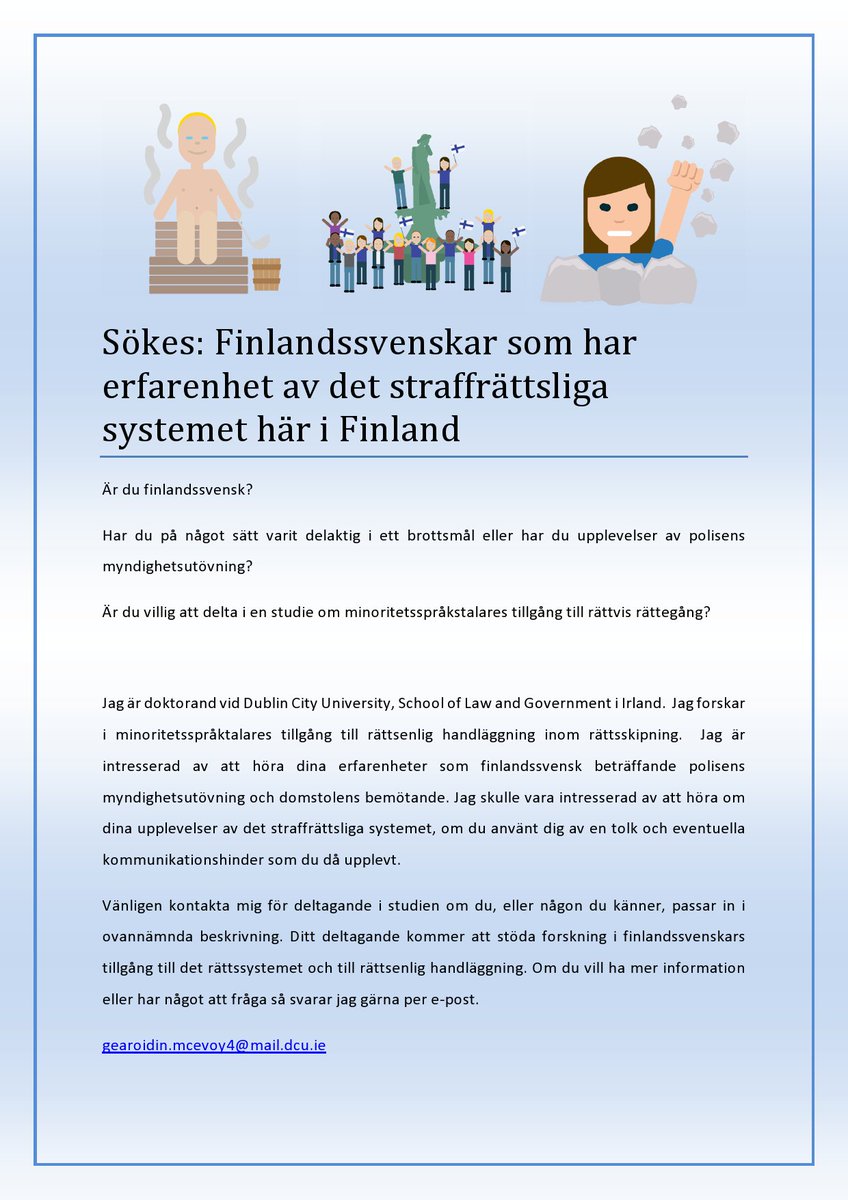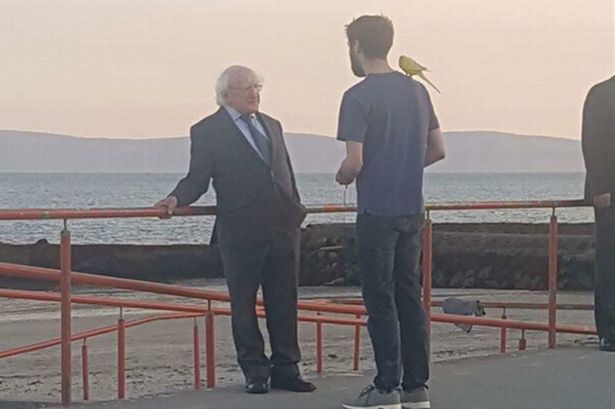As promised, here's a short introduction to #BlackFinnishHistory
First, keep in mind that at present there is no book or course on Black Finnish (or Afro-Finnish/African Finnish) history for me to refer to. There's info out there but it hasn't been pieced together into a clear timeline.
While still part of Sweden, Finns were as engaged in colonialism as their peers during the 1600s and were present at col.settlements in the US, trade posts in West Africa. In all likelihood, Finns were involved in slavery and thus with slaves, but there are no clear records.
(There are records of individual Black people in Sweden around the 1600s though.)
By the late 1800s, Finns were working in Africa, e.g. working the boats in Leopold's Congo, gold prospecting in South Africa and being missionaries in German South West Africa (current day Namibia).
Missionaries brought children to Finland. It's not clear how many exactly. One of them is now regarded the first Black Finnish citizen: Rosa Lemberg aka Rosa Emilia Clay. 
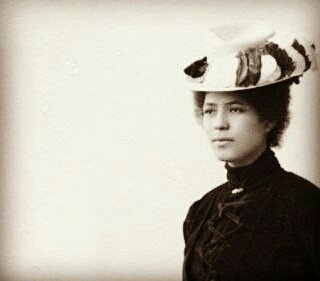
Rosa trained as a teacher but eventually moved to the US. There are photos and records of other Africans/Black people living in Finland before its independence, including a man that fought in the wars of the 1940s.
I say all this to illustrate that there was a relationship between Nordic countries and Africa that predates the usual narrative that claims there was no Black or African presence here til like the 1990s. Also to dispel the myth that Finns weren't involved in colonialism.
Tomorrow I'll continue chronologically, picking up around the 1950s.
For those of you that speak Finnish, check out the podcast series I worked on for @RuskeatTytot on Black Finnish history: Afro-suomen historiaa etsimässä. ruskeattytot.fi/rakenteet/afro…
#BlackFinnishHistory continues! Here's a tune to set the mood.
Beginning in the 1950s, there are records of Black people moving to Finland a range of places, mainly Africa and the USA. Few Finns had seen Black people irl, and those here for the 1952 summer Olympics were a cause for bewilderment and awe. static.iltalehti.fi/matkajutut/oly…
At the time, #eugenics and scientific racism were a strong influence on how Finns saw themselves and others. Thus, everything from the newspaper articles to encyclopedias from the time commonly refer to black ppl as the equivalent of n*ggers, incl. those about the Olympics.
Those that came here met with what has later been described (by yt Finns) as genuine and benevolent curiosity rather than racism. Atm, I don't have a lot of material on ppl from then in English, so here are some photos with short bios. (📷s from @Yleisradio )
Saaed Nassir moved from Somalia to the UK but settled in Finland in the 1950s having married Raili Tiukkanen. He worked as a restaurant employee at the Tampere Kaupunginhotelli. 
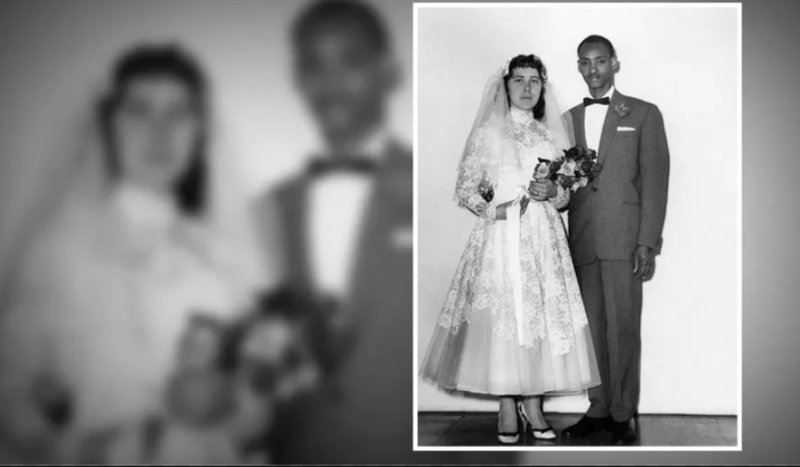
When Joseph Owindi left Kenya to study at the Uni of Tampere in 1963, he became the first African student at the university, and was later it's first African graduate. He returned to Kenya in the 1970s, but first wrote a book about his experiences in Finland. 
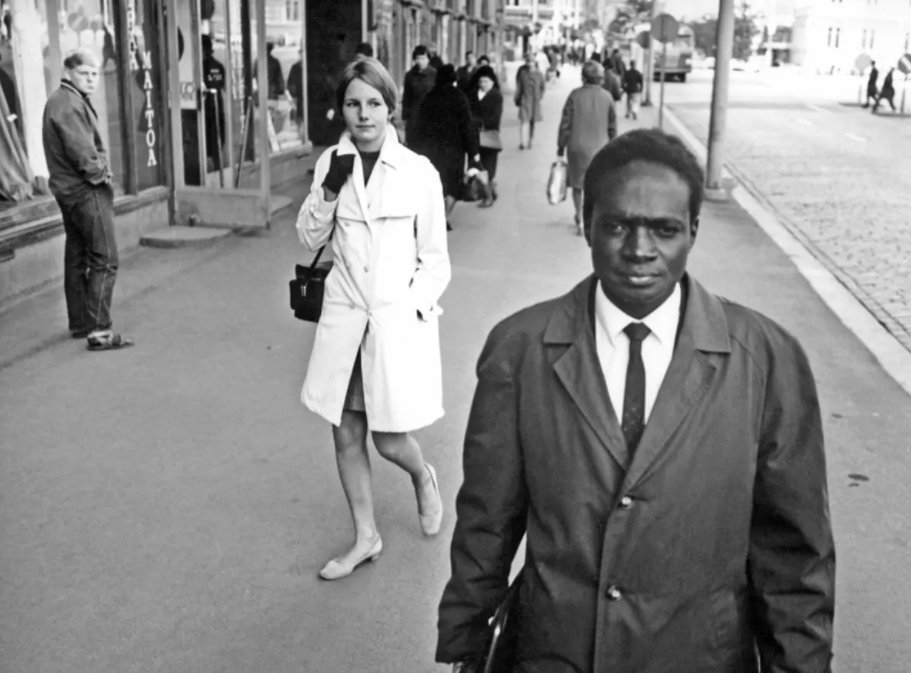
Regassa Birri came to Finland in the 1970s as a scholarship student from Ethiopia. Birri has since been an entrepeneur, a teacher, in municipal poltics, volunteered for NGOs doing multicultural and immigrant work and been in arbitration. 
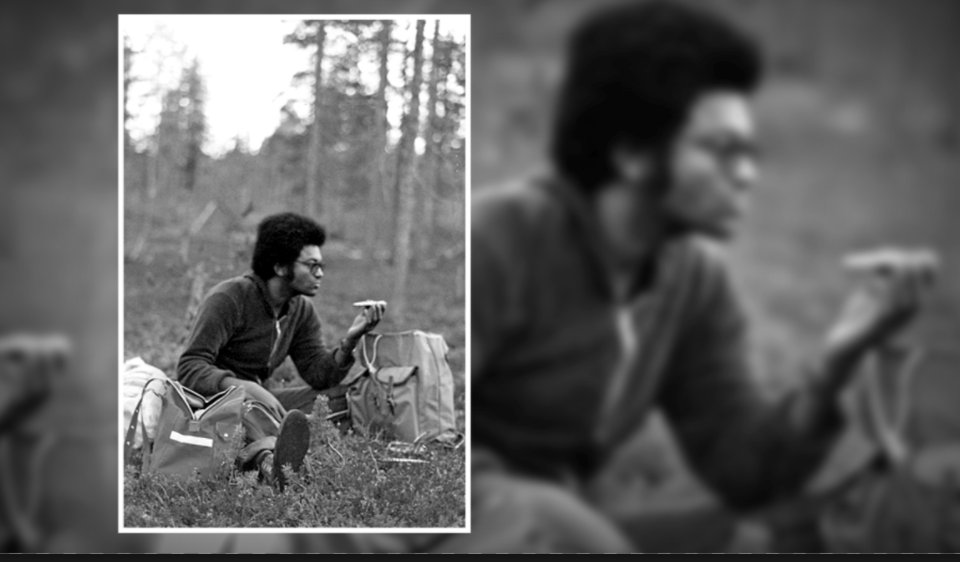
I translated the bios from pgs. 12-15 of the material from the Afrikka Suomessa (Africa in Finland) educational material that came out of the exhibition at @werstas
tkm.fi/opetus/afrikka…
tkm.fi/opetus/afrikka…
Also in Finnish, the Afrikka Suomessa radio programmes from @yleareena yle.fi/uutiset/3-8511…
In addition to students and academics, quite a few others moved to and settled in Finland. Perhaps most visible were the Black musicians and athletes. Many musicians taught music and dance in addition to performing.
The #DeltaRhythmBoys was an American vocal group that started off in the US, relocated to Europe and was popular in the Nordic countries. Here they toured extensively and recorded albums in English and the local languages.
"Tuoll on mun kultani" - 1952.
"Tuoll on mun kultani" - 1952.
Unfortunately, they are mostly remembered for this advertisement for a Finnish liquorice brand.
American basketball players came to play professionally in Finland in the 1970s. eg. Larry Pounds arrived here in 1976, settling here in the early 80s. Pounds won many awards, incl. multiple championships n player of the year awards. 3 of Pounds' kids've played professional ball. 
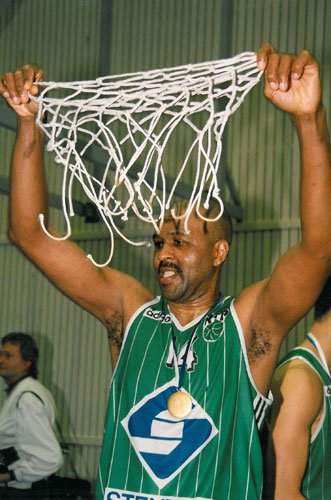
And that folx brings us into the 1990s, where I'll pick up later tonight or tomorrow.
(This is turning into a very very long thread and I will probably turn it into a blog post or something later.)
(This is turning into a very very long thread and I will probably turn it into a blog post or something later.)
#BlackFinnishHistory continues with a glimpse at modern times ie. 90s til now.
To set that #so90s mood, here's a @angeliquekidjo #throwback
To set that #so90s mood, here's a @angeliquekidjo #throwback
As covered above, by the 1990s there were groups of people from around the African diaspora that had settled in Finland. They studied, worked, raised families and formed small communities, particularly in larger cities.
The effects of racist and eurocentric hierarchies were still palatable: the n-word and racist caricatures were still used in marketing #suukot, #lakupekka, biracial children openly called mulatti (mulato)...
CW n-word (in linked video)
In fact, n**keri was generally presented as a “neutral” term, more like negro than n*gger. This short clip from a Finnish show around that time shows gives a glimpse of this attitude.
In fact, n**keri was generally presented as a “neutral” term, more like negro than n*gger. This short clip from a Finnish show around that time shows gives a glimpse of this attitude.
As more Black people emigrated to Finland, tensions rose. For example, a restauranteur from Oulu named Jouni Lanamäki was convicted of ethnic discrimination in 1992 for refusing to let people of color into his establishments.
The same man (who naturally claimed he wasn’t racist at all) had another establishment, a “foreign” club named Laku-Pekka, which is a derogatory term for Black ppl - also the name of liquorice candy, originally equivalent to golliwog.
yle.fi/aihe/artikkeli…
yle.fi/aihe/artikkeli…
New comers, eg.refugees from Somalia, first arrived in larger numbers in 1990. Others came from the DRC, Nigeria, Eritrea, Ethiopia and all over the African continent, plus #afrolatinx communities from countries like Cuba and Brazil as well as those from the Caribbean. #Diaspora
Many (most?) #BlackFinns were young, kids & teenagers: recent emigrants, children of the previous generation + adoptees. Despite enduring prejudices, individuals from our communities also gained positive recognition, some of them the first Black Finns in their chosen fields:
In 1992, Michaela Moua began her professional career playing basketball in the Finnish national league. She also joined the Finnish national that year, at only 16. She went onto play on the Finnish national team till 2010. bit.ly/2F3agoq 
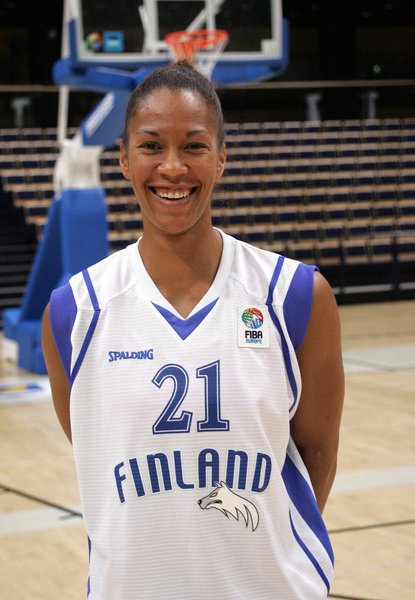
became the first black Miss Finland in 1996. She came third in 1996 Miss Universe, and was Miss Scandinavia 1997. She's been a host and familiar public figure ever since. 
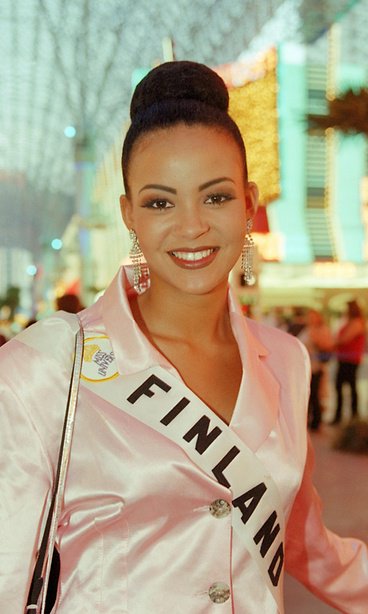
was a host on the popular, youth oriented music show Jyrki. Khalifa went on to appear on other TV shows, e.g. Videotreffit (a dating show on Yle) and The Voice of Finland. 
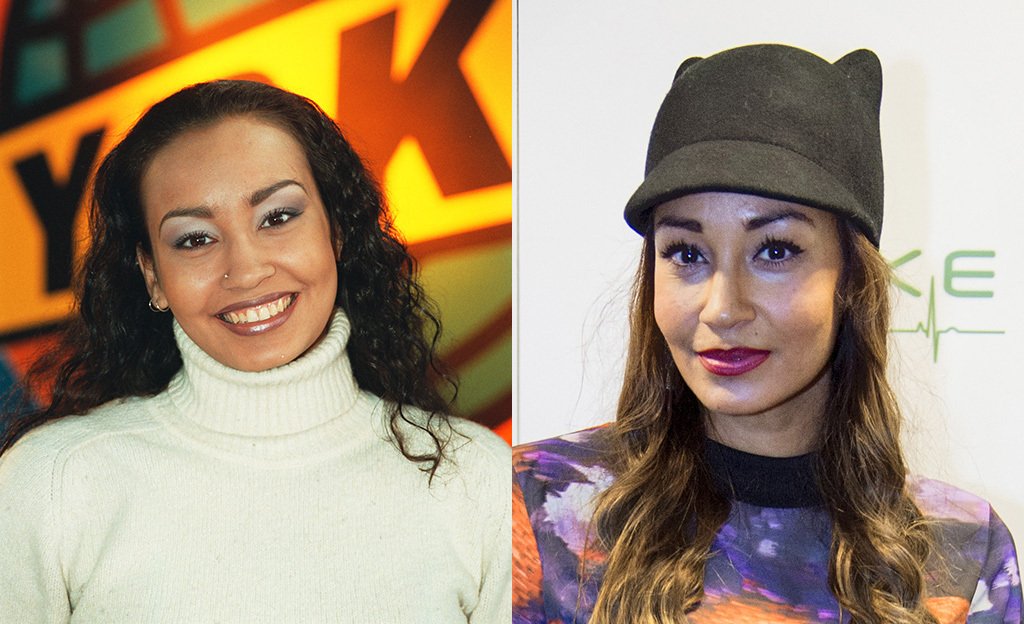
In 1999 came the Bomfunk MCs, bringing front man Raymond Ebanks (B.O. Dumb aka B.O.W.) into the national and international spotlight.
As we moved into the new millennium, the #BlackFinnish community continued to grow and begin to thrive. Since there is no ethnic census in Finland, it’s unclear exactly how many of us there were then - or are now.
Current estimates vary from 20,000+ but these are based on mother tongue and country of origin, excluding those born here and those that are native Finnish speakers. As far as I know, it could be closer to (or more than) 50,000.
In the 2000s, the foundations of our communities were strenghtened thru the forming of NGOs, businesses, events, further involvement in Finnish politics and a generally increased presence in Finnish media.
In 2002, Menard Mponda established @FestAfrika. A musician, dancer, choreographer and dance teacher, Mponda has been promoting his native Tanzanian and other East African culture in Finland through music and dance for decades.
In '06, Yle aired a short lived but memorable (to me at least) satirical comedy show - Ähläm Sähläm. It featured several black ppl you laughed with, not at.
Couldn't find clips of segments such as Opi suomalaiseksi (learn to be a Finn) , Beba Mama, or Lajinsa Viimeinen tho☹️
Couldn't find clips of segments such as Opi suomalaiseksi (learn to be a Finn) , Beba Mama, or Lajinsa Viimeinen tho☹️
But, here's @WaliHashi (the Somalian correspondent in the show) singing an alternate version of “Olen suomalainen.”
cw n-word
Attitudes began to change: brands removed their most blatantly racist logos and marketing. eg. Brunberg renamed their chocolate N**kerinsuukot (n*ggerkisses) to Brunbergin socket (Brunberg’s kisses).

Attitudes began to change: brands removed their most blatantly racist logos and marketing. eg. Brunberg renamed their chocolate N**kerinsuukot (n*ggerkisses) to Brunbergin socket (Brunberg’s kisses).
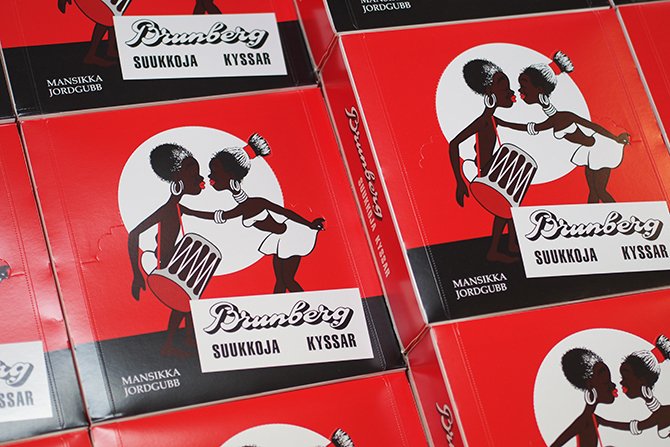
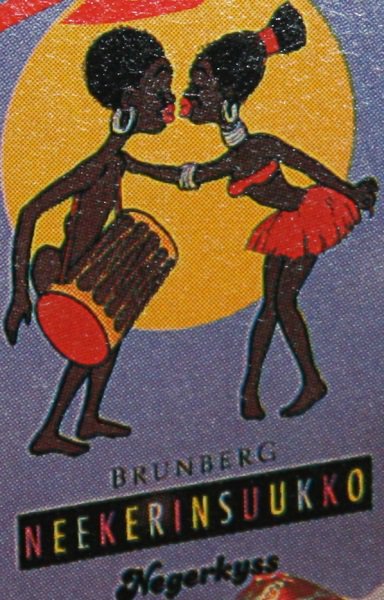
Regardless of increasing xenophobic and blatantly racist rhetoric and right leaning politics, the 2010s could be described as a time when the #BlackFinnish consciousness has awoken.
There is a strong black presence in the arts, sports, popular culture and increasingly so in politics. Hate speech is condemned, blackface is called out and equality is being demanded.
In 2011, actor, dancer and host @JaniToivola became the first Black Finn member of parliament when he was elected. He's since published two books, discussing his various identities (incl. black/gay/parent). #queerblackhistory
vid has eng subs. cw n-word
vid has eng subs. cw n-word
There's also been contributions outside of Finland: In 2014, Finnish Somalian @fqdayib declared her ambitions to run for the Presidency of Somalia and ran in Nov.2016.
She starts talking about life in Finland around 6 min.
She starts talking about life in Finland around 6 min.
Increasing awareness of our #BlackFinnishHistory hasn't been limited to academics! This song by @seksikas_suklaa & #Dosdela refers to a notorious incident in 1997 when Somalians playing football were attacked by skinheads in #Kontula East HKI.
All in all, our place in Finnish society is improving with increasing acknowledgement of our presence, our needs and contributions. As a demographic, we're still marginalised and discriminated against, but looking back it's easy to see the progress we've achieved.
#bhm
#bhm
• • •
Missing some Tweet in this thread? You can try to
force a refresh


